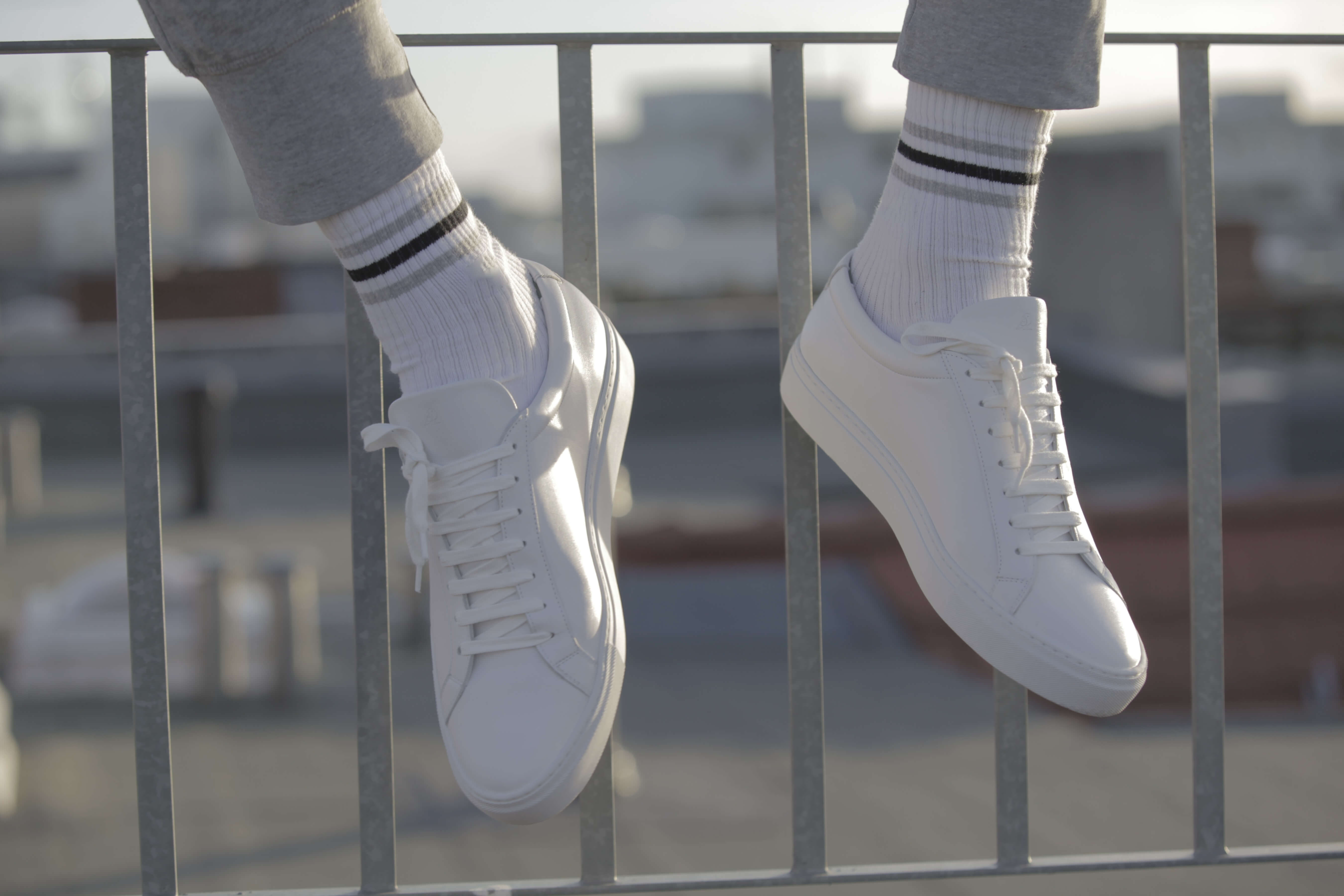
Why shoe production in Europe is more environmentally friendly than in the Far East
In this day and age of growing environmental awareness, the choices we make as consumers have a far-reaching impact on the planet. One industry that we are targeting today because of its environmental practices is the footwear industry. Although many shoes are made in the Far East for cost reasons, there are more than enough reasons to promote local shoe production in Europe.
In this blog article we will look at the reasons why shoe production in Europe has clear environmental advantages.
- Proximity and reduced carbon footprint
Shoe production in Europe offers a significant advantage in terms of proximity to consumer markets. When shoes are made in Europe, they do not have to travel long distances to reach their end users. This significantly reduces CO2 emissions related to transportation compared to shoes manufactured in the Far East and then shipped to Europe. The shorter transport distance leads to a smaller carbon footprint and less air pollution, which contributes to the fight against climate change.
- Strict environmental regulations
European countries are known for their strict environmental regulations and labor standards. Manufacturers in Europe are bound by strict guidelines that regulate waste disposal, energy consumption and emissions. These regulations ensure that production processes meet higher environmental standards, resulting in less pollution and waste of resources. In contrast, similar regulations may not always be in place in the Far East, which may lead to environmentally harmful practices.
- Sustainable materials and practices
The European footwear industry has shown a growing commitment to sustainable materials and practices. Many European manufacturers rely on environmentally friendly materials such as organic cotton, recycled polyester and bio-based leather. These materials have a lower environmental impact compared to traditional alternatives. In addition, European brands are increasingly adopting sustainable production methods such as water-saving technologies and renewable energy sources, further reducing their environmental footprint.
- Local craft tradition
European shoe production often benefits from a rich tradition of craftsmanship and artisanal skills. This tradition promotes the production of durable and high quality shoes that stand the test of time. In contrast, mass production in the Far East can sometimes emphasize quantity over quality, which can result in lower shelf life and higher sales rates. Choosing durable, European-made shoes reduces the overall demand for new shoes and helps reduce waste and resource consumption.
- Transparency and accountability
European footwear production demands transparency in its supply chains so that consumers can make informed decisions about the products they purchase. Consumers can track the origin of materials and the production process, allowing them to support ethical and environmentally conscious brands. This level of accountability is not always as readily available for products manufactured in the Far East, as supply chains there can be more complex and opaque.
Although the Far East has long been a manufacturing hub due to cost, it is becoming increasingly clear that shoe production in Europe offers a significant environmental advantage. From reduced carbon emissions due to proximity, strict environmental regulations, sustainable materials and practices, and a rich tradition of craftsmanship, European-made shoes are an excellent choice for environmentally conscious consumers. By supporting brands that prioritize sustainability, we can all help promote a greener, more sustainable future for our planet.
Now it's up to you.



